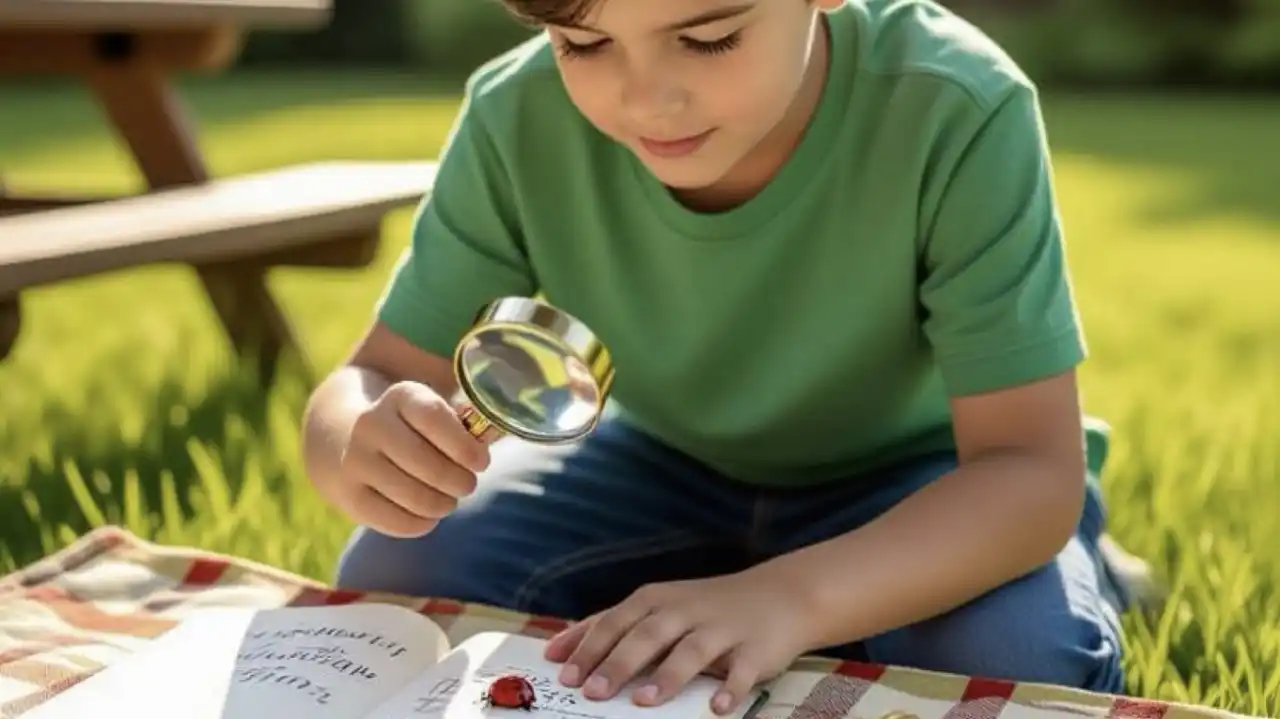
Nurturing Lifelong Curiosity
I
n ancient Greek agoras, children chased philosophers, their questions about stars and seas sparking minds that shaped history. Your home can foster such wonder, where your children’s curiosity drives them to ask, explore, and find joy in life’s mysteries. Today, screens flood answers, schedules limit questions, and doubt quiets their spark. Without delight in seeking, they settle for facts, missing life’s wonders. You can ignite their questioning spirit, turning daily moments into discoveries. Each why you welcome, each adventure you share, builds seekers eager for clouds, tales, or truths. This echoes history’s bold thinkers, creating mental athletes who pursue wonder lifelong. Tonight, pause for a question or a wander—their curiosity awaits your support.
Here is your path:
- Sparking Wonder: Your child is already wired for wonder—pausing at puddles, asking why the moon follows the car, staring at shadows as if they hold secrets. But wonder fades fast when days are rushed and questions get clipped replies. Curiosity doesn’t need a curriculum—it needs pauses, attention, and someone willing to say, “That’s a great question. Let’s think about it.” You don’t need all the answers—just the willingness to stay curious with them. When you welcome their guesses, marvel with them at the swirl of steam or the flicker of a bird’s wings, you teach that questions aren’t interruptions—they’re invitations. In those small, shared moments, a lifelong habit of wonder begins.
- Wandering Freely: Renaissance artists and thinkers learned by wandering—through studios, markets, books, and fields—following questions no one had yet thought to ask. That kind of aimless exploration is just as vital today. But in a world of goals, grades, and glowing screens, a child’s freedom to roam often disappears. Let them explore without a plan—through a backyard, a sketchbook, or a passing thought. Give them time to tinker, invent, and get wonderfully lost. These unscripted moments are where original ideas take root. The more freely they wander, the more deeply they discover—and the more confidently they’ll shape a world of their own.
- Cherishing Questions: While Enlightenment thinkers debated gravity and gears in salons, today’s children can experience that same thrill of discovery when adults invite them into thoughtful conversations and experiments at home. Your children brim with questions—why do clouds drift, why do tales end?—but modern life quiets them. Haste rushes past their whys, schools value answers over asking, and scorn stings their spark. Without a love for questioning, they settle for facts, their curiosity fading. You can make your home their salon, where every why is valued. Invite their whys, explore as partners, honor their asking, and connect with others, and they will seek with joyful hearts, from suppers to stars. This builds mental athletes who question eagerly, finding joy in life’s mysteries.
- Rooting Curious Habits: In the cafés of old Vienna, scholars returned to the same tables day after day, chasing big questions through everyday conversation. You don’t need a café or a doctorate to do the same at home. What matters is making questions part of daily life—not as tests, but as habits. When your child wonders aloud, don’t rush to answer. Ask what they think. Share your own questions too—the silly ones, the big ones, the ones that still puzzle you. Curiosity grows in places where questions are welcome, where wonder isn’t rare but routine. That spirit, once sparked, becomes part of how they meet the world.
- Facing the Unknown: In the cafés and studios of early 20th-century Paris, artists challenged rules that once felt untouchable. They didn’t wait to be sure—they created while unsure. Children need that kind of courage too. Not just to ask what or why, but to keep asking when the questions feel strange, or the answers aren’t clear. Fear—of being wrong, of sounding silly—can silence curiosity before it ever grows strong. That’s why they need your calm. When you meet their odd questions with steady interest, you show them it’s safe to wonder out loud. That’s how kids learn to face the unknown—not with fear, but with fire.
Begin now—a single why sparks their joy.
Table of contents

Primordial Soup for the Mind: Navigation
Navigate the book Primordial Soup for the Mind.



